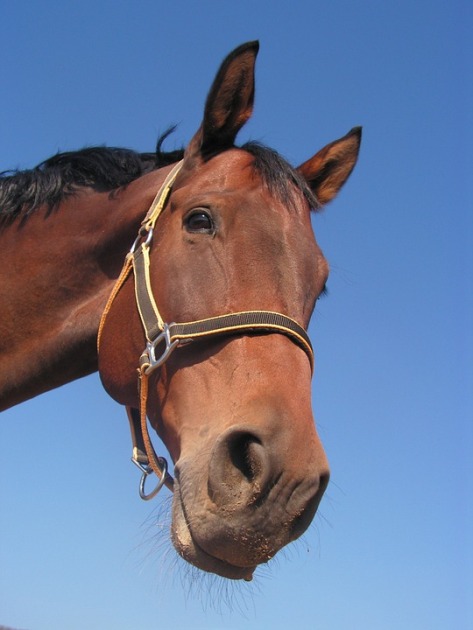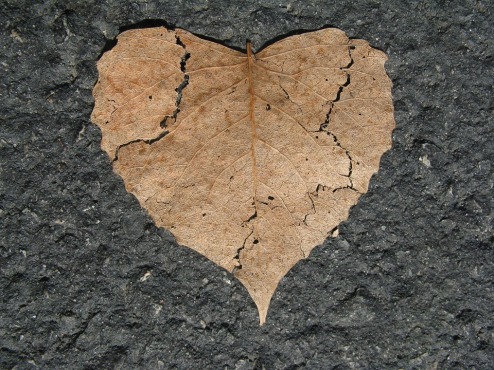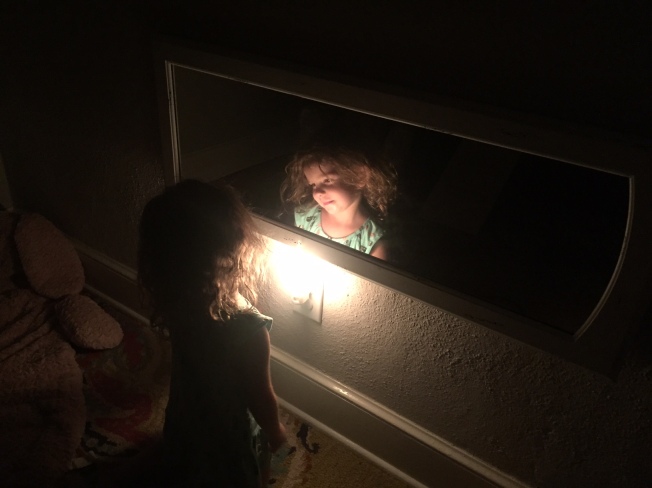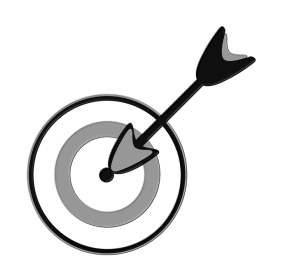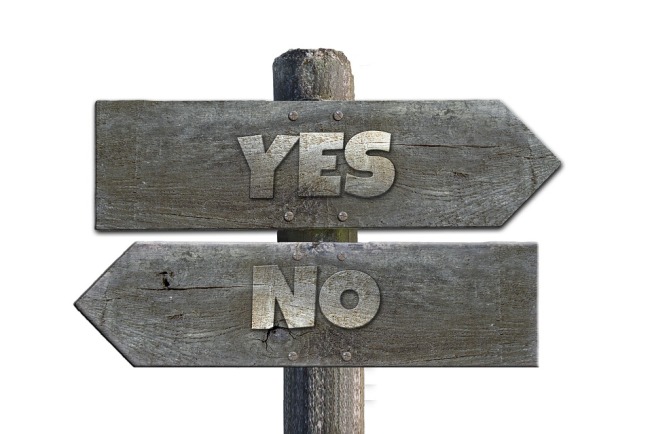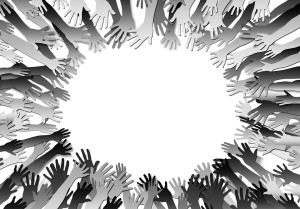
“Sometimes it takes a meltdown to cool down.” Evinda Lepins
A recent meltdown I had wasn’t a public scene or even a really big deal around our house. It was significant enough, though, that I realized how important something was to me that I’ve been ignoring. I try to be preventative about these sorts of things, but sometimes prevention doesn’t work because of others’ reactions. My solution sounds something like this until I calm down, “I can’t believe I’ve let this go on,” “Never again,” and “I’m done.”
By my final fit, I’m left with what I used to think was an unusual outcome, but now I’ve come to expect it – an emotional hangover and a spiritual awakening. Like what Terrell Owens said, “Instead of me having a breakdown, I’m focusing on me having a breakthrough.”
Since I grew up in a silent family who shut up about their emotions and shut down everyone else’s, meltdowns ended up being the only way to figure out how I felt. It shouldn’t come as a surprise I married into a family that did the same thing because we’re attracted to what we know. They’re screamers, so I hoped they’d scream about their emotions so I could finally talk about mine. As it turned out, their screaming was also about shutting up and shutting down.
Shy on role models, I eventually learned to appreciate emotional meltdowns for what they were – a gateway to my emotions. Even though I’m still shaken by their messiness and hung-over feelings, and I fear I’ve made things messier instead of mending them, meltdowns haven’t let me down as long as I handle them constructively. I stop looking at what everyone else needs to do and, instead, I look at my part in the meltdown. I get in touch with how I feel and I decide what changes I want to make.
So, what’s actually melting away?
I used to hate to cry in front of people. I still do, but it helped when a friend said, “I love when you cry. You’re melting.”
I knew what she meant. I relaxed a little each time I cried around her. She could see me softening and I could feel it. For years I tried keeping up a happy pretense and a façade of being distant from my emotions by laughing off how I felt and saying, “I’m fine. Really, I am.”
I’m like Elf, “Smiling’s my favorite.” However, weightiness surfaced when I recognized emotions have a life of their own if we ignore them. Instead of being happy like Elf, we numb out with food, zone out on Facebook, and distract ourselves with problems we can’t fix, disturbing news reports, and our own bad habits. Sometimes we want to die when we already feel emotionally dead or our emotions (the ones we think we’re not supposed to feel) feel too out of control. I dislike being called “too sensitive” and hearing I overreact, but I dislike even more not being true to who I am and what’s going on inside of me.

So, I melt.
I ask myself things like: What am I thinking? What am I feeling? What do I need? What do I want to change?
When I ignored the answers to these questions or didn’t bother to ask them at all, I ended up in a depression I almost didn’t survive. It’s like the anonymous quote, “I froze because frozen hearts don’t feel pain.”
I tried to give up feeling pain so I wouldn’t inconvenience others with my emotions. The result of freezing my pain was freezing almost all of my feelings. I was robotic. I went through the motions of life without emotion, or tried to. I felt like one of the walking dead and wondered what the point was of getting up each day.
This is when I had the meltdown of all meltdowns.
“On the other hand, I believe there’s hope, because the breakdown and the repair are happening simultaneously.” Kathryn Bigelow

I cried for two years, or so it seemed. I broke my silence and told a couple of trusted friends about my depression and not feeling anything except hopelessness. I let my family know I felt desperate even though they didn’t want to hear it, not because they didn’t care, but because it was scary to listen to. I contained my meltdowns to our living room and limited the best I could my accusations, name calling, and cuss words. The more I talked, the more I was able to share my emotions constructively by talking about myself and how I felt and my plan for feeling better.
I stopped trying to get a thicker skin and focused on being kind to myself and talking about my pain. I got in touch with what my heart longed for instead of the chaos in my head. I had less severe emotional hangovers and more startling spiritual awakenings. I started healing from my meltdowns because I saw their value and handled them right.
When you melt down, do you know why it’s happening? Do you see its value? Do you ask the right questions? Our emotions and handling them right are key to melting well.
In This Together,
Kim
On the Side: My manuscript is about emotions and the value of getting in touch with how we feel. I’d love feedback from you about what to include and about what you’d like to read more about.
Thanks for the images, Pixabay.com.
